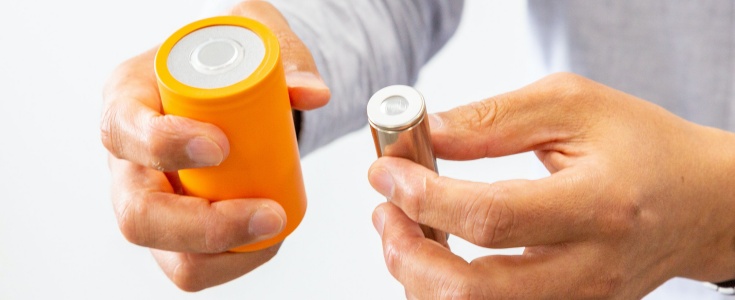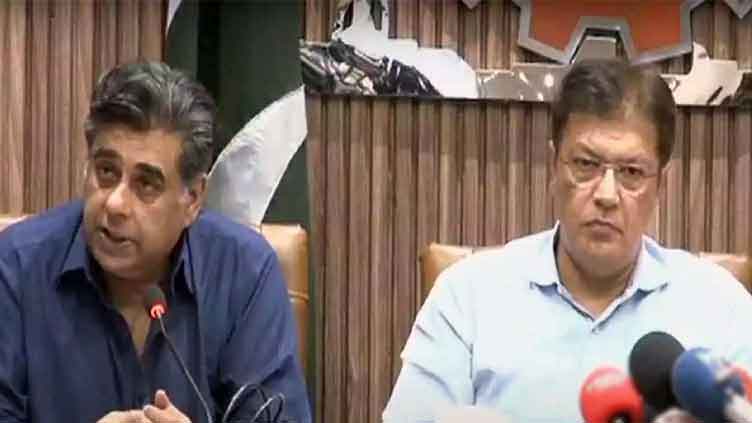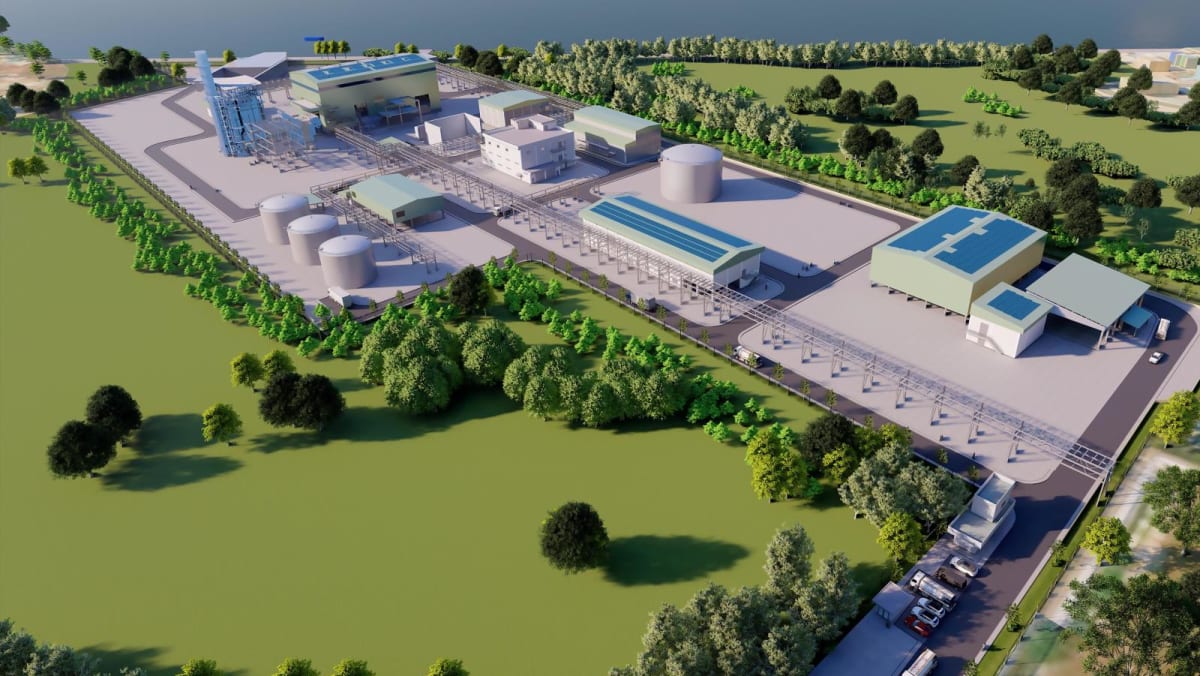Japan’s Panasonic Corp Set to Enhance 2170 EV Cells Production for Improved Efficiency
Panasonic Corporation, a key player in electric vehicle (EV) technology, is set to revolutionize its EV battery cells with the production of upgraded 2170 cells in Nevada by 2024 or 2025. This move aligns with the company’s commitment to quadruple production capacity by the fiscal year 2030 and enhance battery efficiency to provide an impressive 200 gigawatt hours of energy.
Advancements in Energy Density and Battery Technology
To achieve higher energy density, Panasonic is focusing on enhancing the chemical composition of active materials in the cathode and anode. This improvement aims to increase the storage capacity of the 2170 cells. Additionally, the company is developing the 4680 cell, a thicker and more voluminous battery, exploring options for its production at the Nevada plant in collaboration with Tesla.
Strategic Battery Plant Expansions
Panasonic’s Chief Technology Officer, Shoichiro Watanabe, revealed plans for a new battery plant in Kansas, marking its second facility in North America. The location of a third plant is expected to be disclosed by the end of the fiscal year. These expansions emphasize Panasonic’s commitment to meeting the growing demand for advanced EV battery technologies.
Leveraging Biden Administration Subsidies
Taking advantage of the Biden administration’s subsidies under the Inflation Reduction Act, Panasonic is strategically positioning itself to produce battery cells in the U.S. This initiative aligns with national efforts to bolster domestic manufacturing and secure a sustainable future for electric vehicles.
Panasonic’s ambitious plans signify a pivotal moment in EV battery technology, contributing to the evolution of cleaner and more efficient transportation solutions.
Source:evertiq.com





